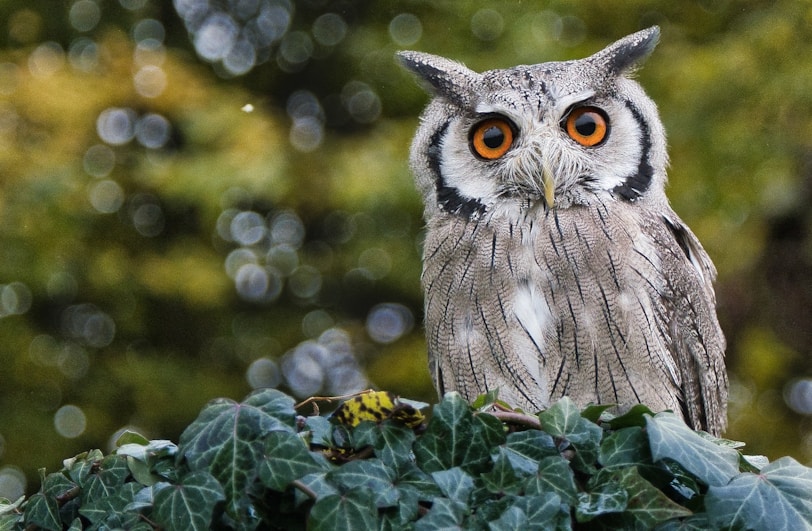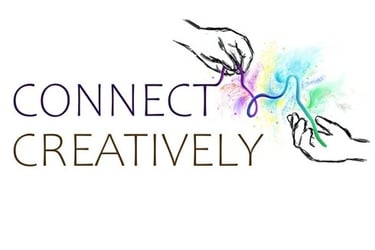The Watchful Owl: Conscious Parenting
What is conscious parenting? How do we do it?
PARENTING RESOURCES
Catherine Lau
9/1/20233 min read


When I see my child throw his snack on the ground at the park and lick it directly off the ground, I react.
I react big, “NOO! STOP! DON’T DO THAT! WHAT ARE YOU THINKING? WHY! YOU HAVE A CONTAINER RIGHT THERE! ITS SO DIRTY! YOU’RE GOING TO GET SICK! GREMS!!! UAGGGGH!”
My children have been eating off the ground for the past 4 years and no matter how much I reason, explain, react, it hasn’t stopped them from sampling the flavors of the playground.
It's hard not to react. It’s draining to keep explaining. It’s effort to plan to prevent, all the time.
It’s impossible to be a perfect parent. This is not an ideal that I try to aim for, but I try to be conscious. This, for me, is a more realistic parenting goal.
What does it mean to be a conscious parent? How do I go about practicing conscious parenting?
1) Take a breath
I’d take a breath, notice my instinct to scream, and take another breath.
2) Notice the self
I would notice how my blood boils with anger as I am overwhelmed by the panic, fueled by the desire to protect child from the billions of bacteria and viruses that grow and thrive at the park.
3) Keep watching myself
I’d remind myself “he already licked it” and that in the past, my reaction and screaming usually makes him laugh mischievously and taste another surface. I’d take another breath and notice how my imagination runs wild as I imagine my son getting sick and having to bring him to the emergency room. Has this happened before? Luckily, no. Slow breath number three.
4) Speak
“I feel really worried seeing you lick the playground. I don’t want you to get sick and get a tummy-ache. Remember last time your stomach hurt? Let’s make sure that doesn’t happen. Where can we eat this snack?”
5) Game plan
I’d take another breath and make a game plan to use positive reinforcement to praise him when he is staying clean and eating off appropriate surfaces. This is what usually helps in changing his behaviour. If he’s able to find his snack bowl and pour out the snack into the container, lots of reinforcement, lots of praise, time for celebration!
To watch oneself objectively, non-judgmentally. To notice when one feels dysregulated, angry, and how this affects our interactions with our kids.
To put the self aside and focus on what is happening in the moment.
How does one possibly get to this serene owl-like state of mind?
It's not always intuitive, and it’s certainly not always easy.
Here are some things that help:
1) Practice mindfulness. Mindfulness is being aware, to be present in the moment. To be fully conscious of what is happening (including people, things, ourselves) in our environment. We may notice our 5 senses (what we see, hear, feel, taste, smell). Research shows that regular mindfulness practice can have positive effects on mental health, decrease reacting, and increase behaviour regulation (Keng et al., 2011). It can also increase focus and attention (Mak et al., 2018).
2) Let our kids fail.
Parents are born with the instinctual desire to protect our kids. This is simply programmed in evolution, a survival instinct. However, when our children struggle, if they experience failure, this is an opportunity for them to learn and grow. A conscious parent will hold themselves back and observe. When our kids try, struggle, and fail,
3) Name our own emotions.
Our kids can pick up when we’re feeling stressed, angry, sad. Some parents try to hide their pain, anxiety, and sadness from their kids. In some cultures it is not customary to talk about emotions, to share them openly may be uncomfortable. However, it’s important that we notice our own emotions and notice their effect on our interactions with our kids. It is healthy to cry, it is normal to feel. It is important that our kids see how we manage our own big emotions. We can model how to work through these emotions, stay calm, and solve problems. A conscious parent strives to name emotions, talk about healthy coping strategies, and model what to do.
Is it easy? No. Sometimes we will react big, we are all human. We will not be perfect, but we can strive to be conscious.
References
Keng SL, Smoski MJ, Robins CJ. Effects of mindfulness on psychological health: a review of empirical studies. Clin Psychol Rev. 2011 Aug;31(6):1041-56. doi: 10.1016/j.cpr.2011.04.006. Epub 2011 May 13. PMID: 21802619; PMCID: PMC3679190.
Mak, C., Whittingham, K., Cunnington, R. et al. Efficacy of Mindfulness-Based Interventions for Attention and Executive Function in Children and Adolescents—a Systematic Review. Mindfulness 9, 59–78 (2018). https://doi.org/10.1007/s12671-017-0770-6


